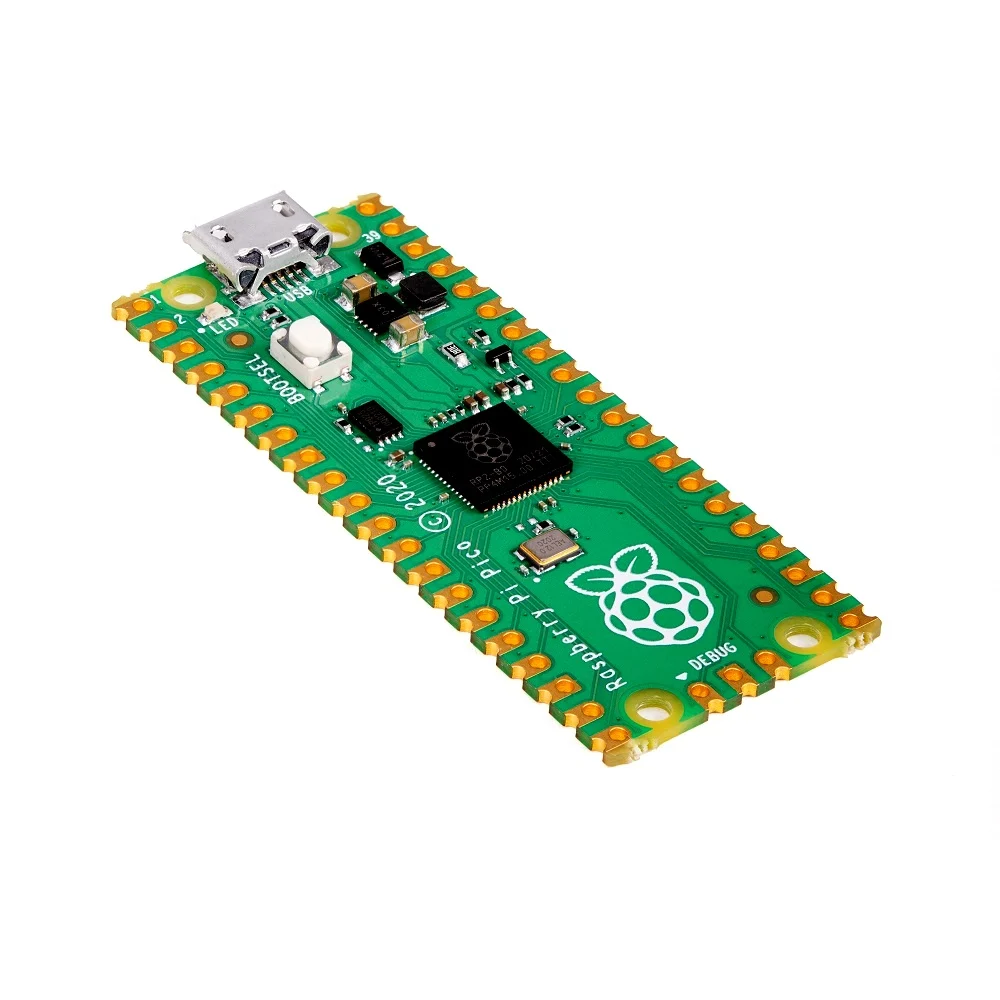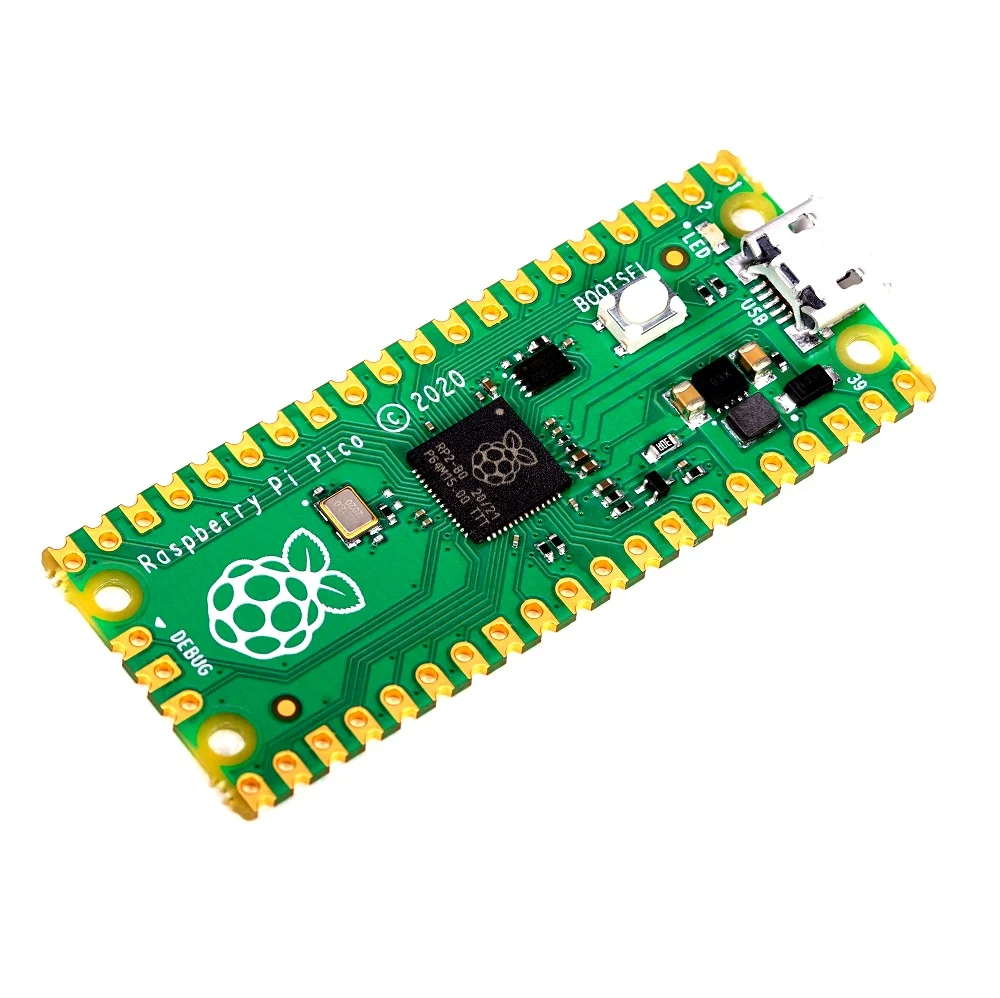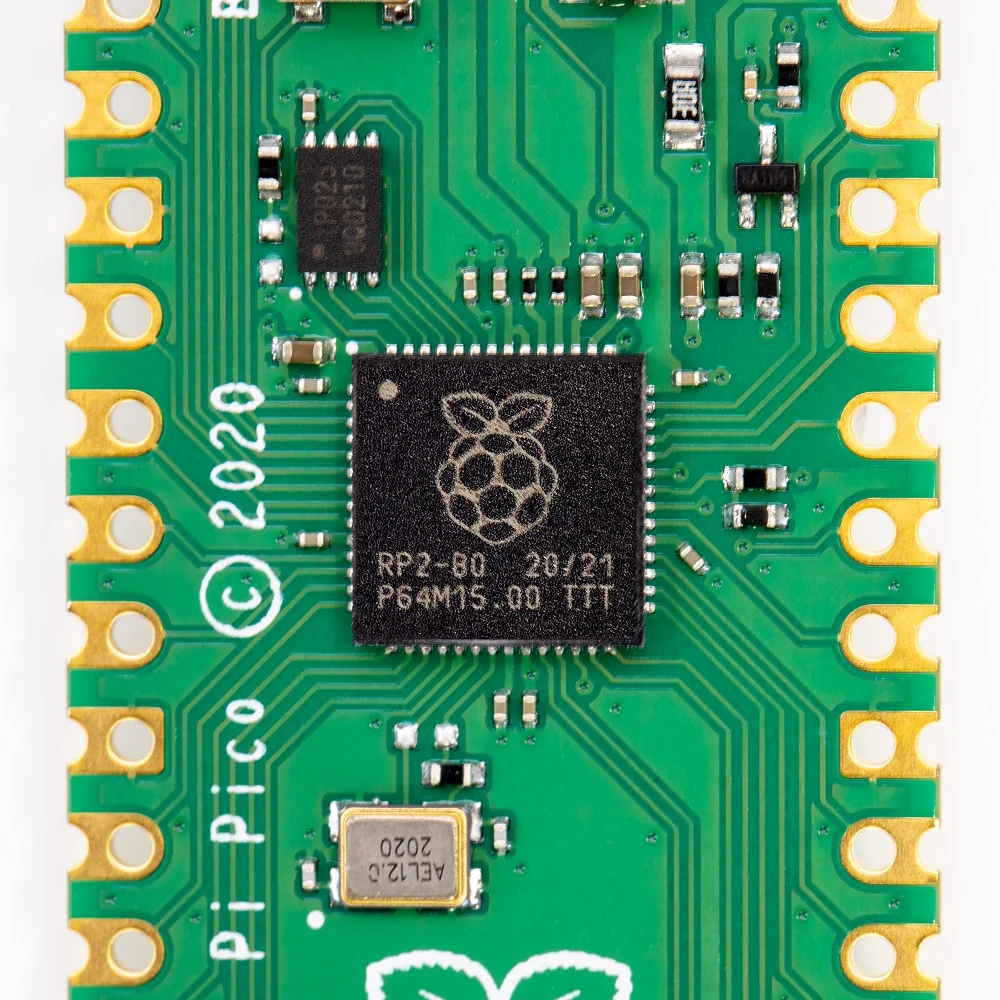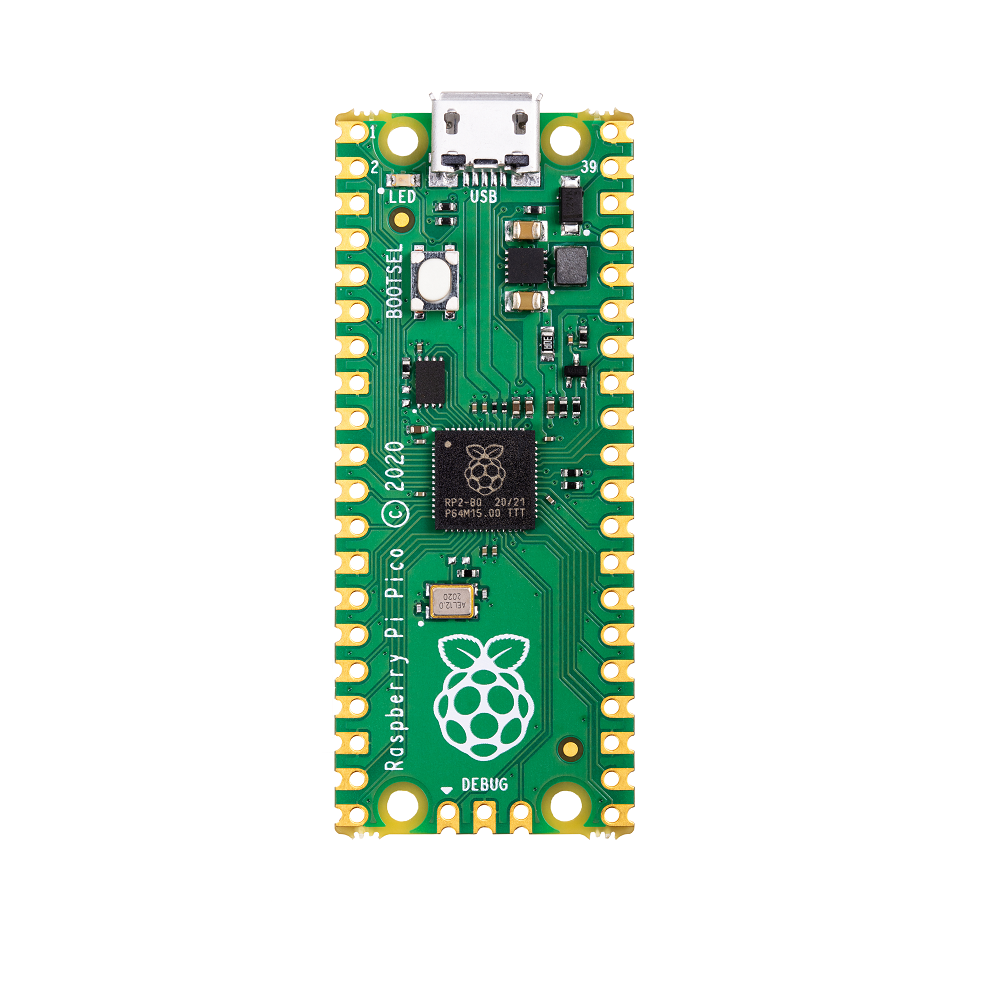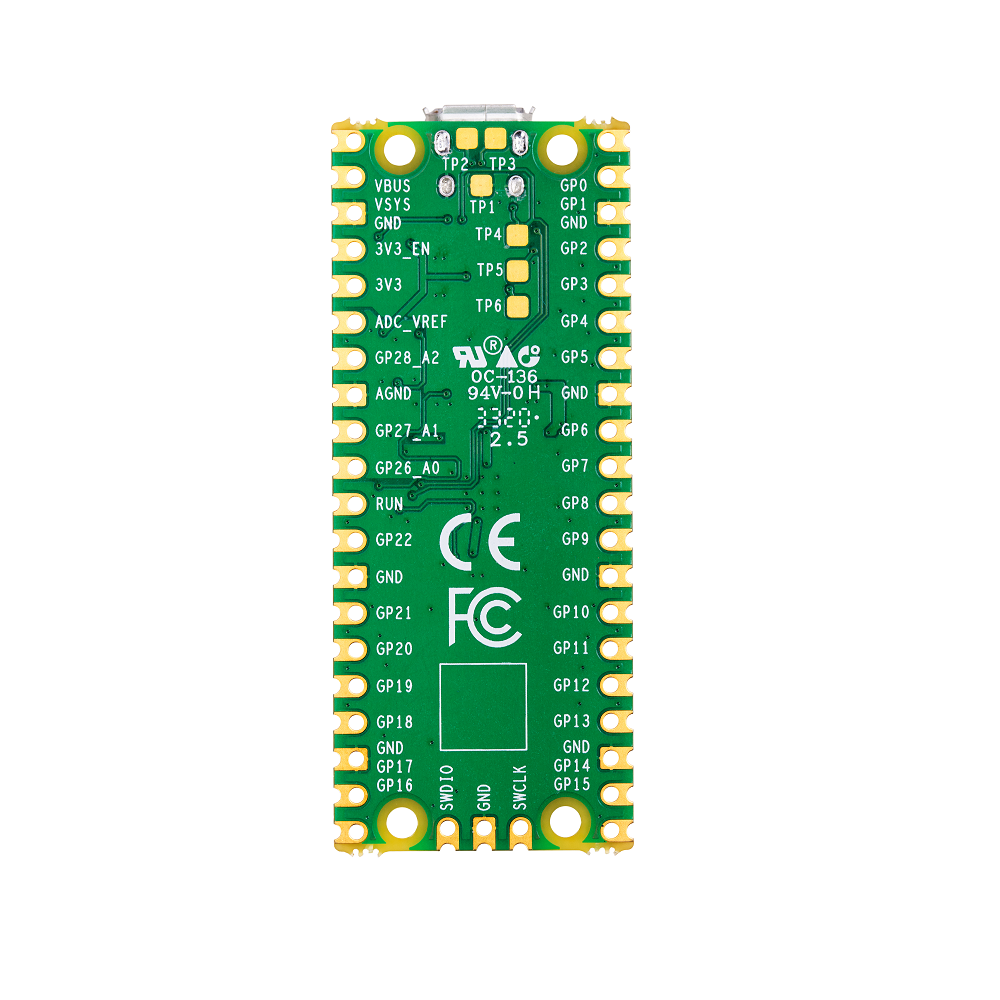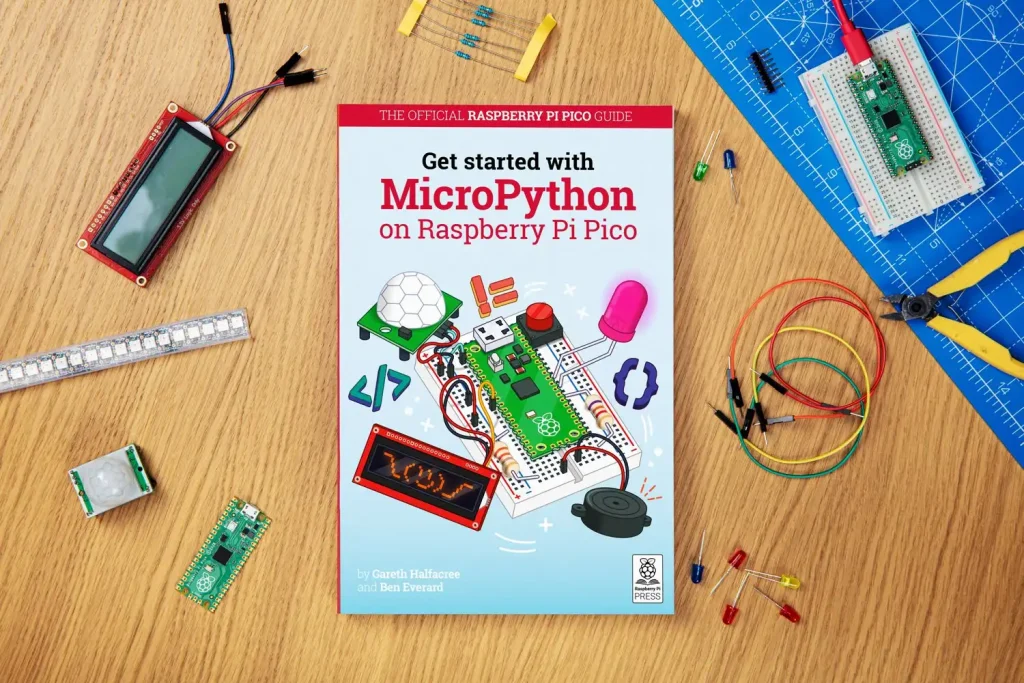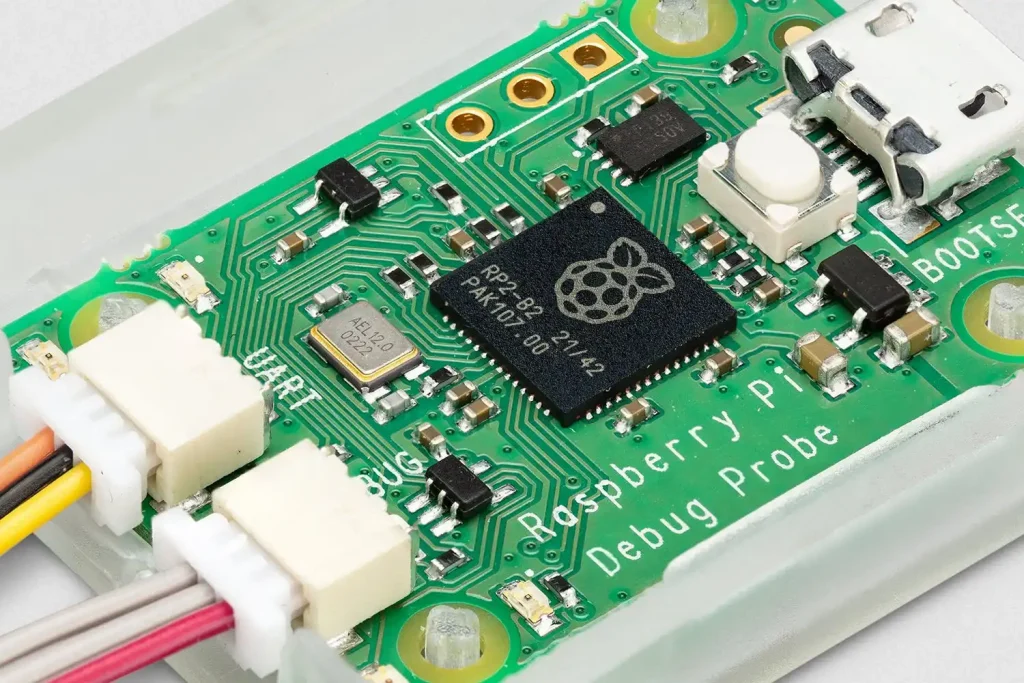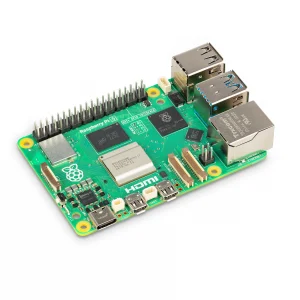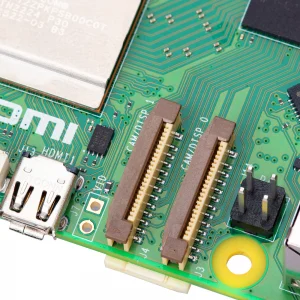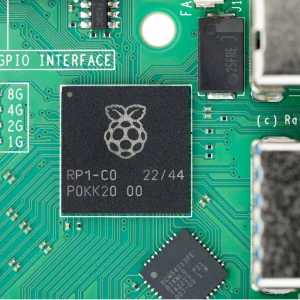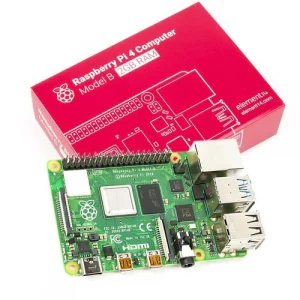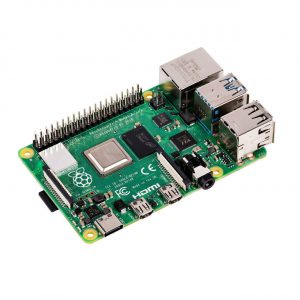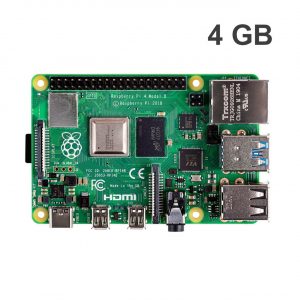Sale!
Raspberry Pi Pico Original Version (unsoldered)
Original price was: ₹355.₹300Current price is: ₹300.
- RP2040 microcontroller chip designed by Raspberry Pi
- Dual-core Arm Cortex M0+ processor, the flexible clock running up to 133 MHz
- 264KB of SRAM, and 2MB of onboard Flash memory
- 26 × multi-function GPIO pins
- 2 × SPI, 2 × I2C, 2 × UART, 3 × 12-bit ADC, 16 × controllable PWM channels
- Onboard temperature sensor
Description
Additional information
| Weight | 0.01 kg |
|---|---|
| Dimensions | 5 × 2 × 1 cm |


